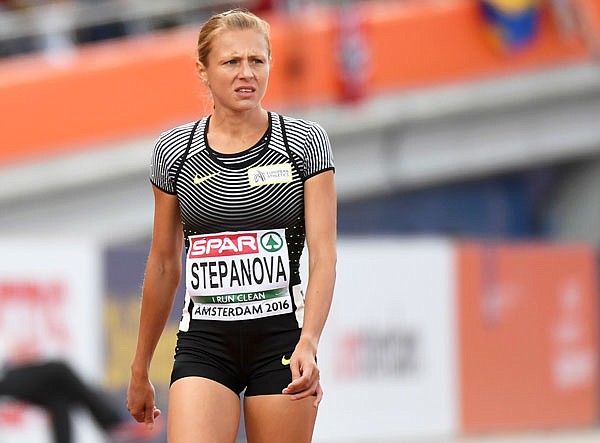Russian doping whistleblower Yulia Stepanova is appealing her ban from the Olympics, saying it was based on incorrect information and dubious legal grounds.
Stepanova sent a letter to the International Olympic Committee contending she never said she wouldn't compete for the Russian team, as the IOC stated. The IOC would not make any exception for her to compete under a neutral flag.
She said the IOC's ban of any Russian athlete who has previously served a doping ban is not permitted - a ruling the Court of Arbitration for Sport made in 2011.
Stepanova was an 800-meter runner who was caught for doping, but later came forward to expose the Russian doping system.
Both the World Anti-Doping Agency and track's governing body, the IAAF, recommended Stepanova be allowed in the Olympics.

